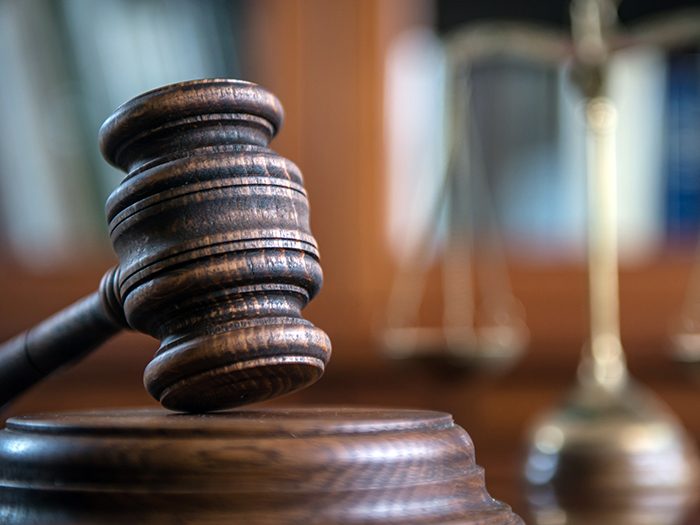Legal Roundup: Fortnite’s Suit Against App Stores, College Football Players Aim to Play and More

Fortnite Maker Sues Apple and Google
The Case: Epic Games, maker of the wildly popular Fortnite, has sued Apple and Google.
The suit comes after the game was pulled from Apple’s App Store and Google’s Play Store — meaning consumers can no longer download Fortnite on those platforms. The tech companies pulled the game after Fortnite bypassed payment rules that yield Google and Apple 30% of purchases.
The BBC reports: “Fortnite’s latest update offered all players a 20% discount on its in-game currency V-bucks — but only if they paid Epic Games directly rather than using Apple or Google’s payment systems. This broke rules applied by both stores.”
Scorecard: The case was filed recently and has not yet been resolved. Epic Games doesn’t want a monetary award but “wants to change the mobile app stores to be fairer for all developers,” the BBC said.
Takeaway: If Epic Games is successful and reduces the 30% payout for app store purchases, the company stands to make a lot more money. In just two years, Fortnite players have spent $1 billion in the app, including “$44.3 million in April, up 90% from March and 25.3% year-over-year, the game’s best performance since February 2019,” according to Sensor Tower.
Can the removal of one app change the fee structure for all app downloads? That’s an ambitious goal. We’ll have to wait and see how it plays out.
Nebraska Football Players Sue to Restore Season
The Case: Fall just won’t be the same without college football. COVID-19 has forced some conferences like the Big Ten to postpone their season to the spring.
But a group of players at the University of Nebraska have sued to reinstate the season.
They claim they are “losing a chance for development, exposure for a possible pro career and won’t be able to market themselves to eventually capitalize on name, image and likeness revenue opportunities,” according to the Associated Press.
The Big Ten said, according to the AP, that the lawsuit “has no merit and we will defend the decision to protect all student-athletes as we navigate through this global pandemic. We are actively considering options to get back to competition and look forward to doing so when it is safe to play.”
Scorecard: This is a new case which hasn’t gone to trial yet.
Takeaway: There is no single entity governing whether colleges can play football this season. The Pac-12 also decided to postpone the season, but other major conferences like the SEC, ACC and Big 12 are still on schedule to play this fall.
Playing amid a pandemic comes with risks. At least 16 players from the University of Auburn have been held out of practice due to COVID concerns, according to ESPN. If a player were to contract the virus and have serious issues, the college could be in legal trouble.
“When one takes gambles with human life, and it doesn’t work out okay, there’s an excellent probability that somebody is going to get sued,” attorney Brad Sohn told the Washington Post.
Emergency Room Medical Staff Underpaid by Insurance Company
The Case: A group of approximately 175 emergency room doctors, nurse practitioners and physician assistants sued Arkansas Health & Wellness Health Plan (part of Centene Corp.) for underpayment for emergency room services to 12,500 patients.
The plaintiffs claim that it’s part of systematic underpayments to medical providers by insurers.
The Northwest Arkansas Democrat Gazette reports: “The insurance company contended that when the Affordable Care Act took effect, a 2011 contract between the physicians group and the insurance company no longer applied. But a jury of three men and three women unanimously decided that the contract applied to a new insurance product introduced in 2014, and that the insurer breached the contract by paying the doctors 10%, instead of 75%, of regular commercial billing rates.”
Scorecard: A federal jury awarded the medical providers $9.4 million.
Takeaway: If underpayment is indeed a systemic issue as the plaintiffs claim, this case could serve as a warning to other health insurers low-balling their reimbursement rates: Pay a fair percentage, or pay the price in court. &










